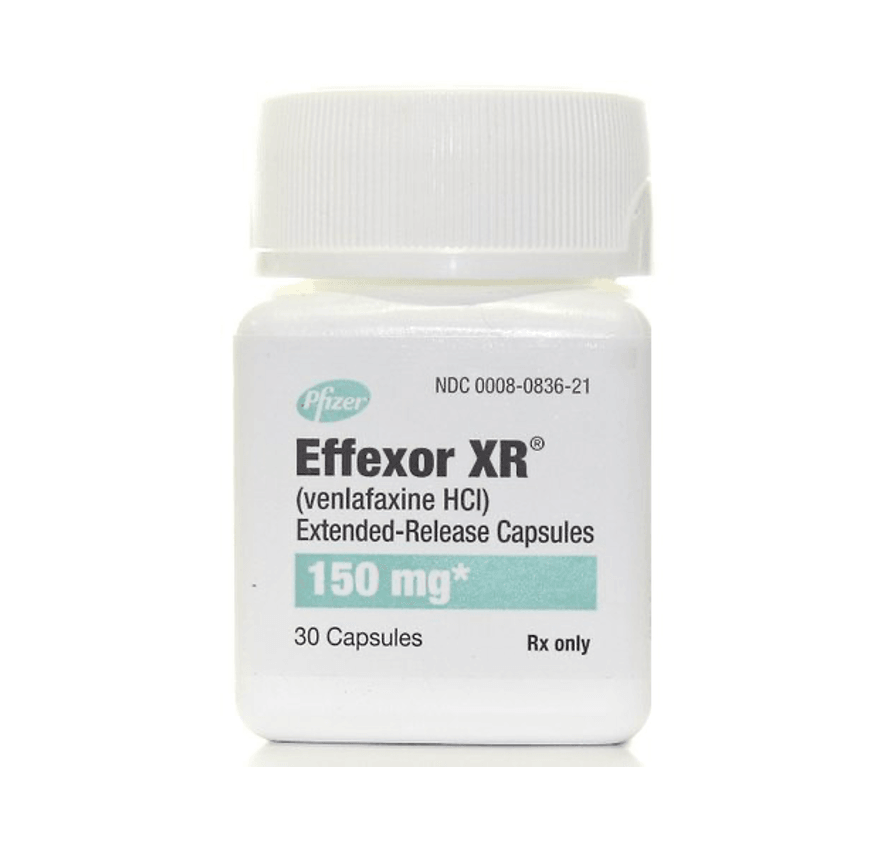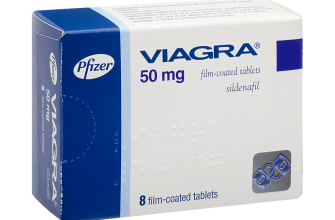Need clear, concise information on Effexor? Start by understanding its primary function: treating major depressive disorder and generalized anxiety disorder. It’s a serotonin-norepinephrine reuptake inhibitor (SNRI), meaning it works by increasing the levels of serotonin and norepinephrine in your brain, neurotransmitters crucial for mood regulation.
Dosage varies significantly depending on your individual needs and condition severity. Your doctor will determine the appropriate starting dose, typically ranging from 75mg to 225mg daily. Remember, adjustments are common, and finding the optimal dose often involves careful monitoring and titration. Be prepared for gradual increases and potential side effects, like nausea or sleep disturbances, which often diminish over time.
Important: Discontinue Effexor only under your doctor’s supervision. Sudden cessation can lead to withdrawal symptoms, including dizziness, nausea, and flu-like symptoms. A gradual tapering-off schedule is always recommended to minimize these risks. Always discuss potential drug interactions with your physician, as Effexor can interact with other medications.
Remember: This information serves as a general overview. Consult your healthcare provider for personalized advice and treatment. They can accurately assess your condition, consider your medical history, and guide you through the process of starting, adjusting, or stopping Effexor safely and effectively.










